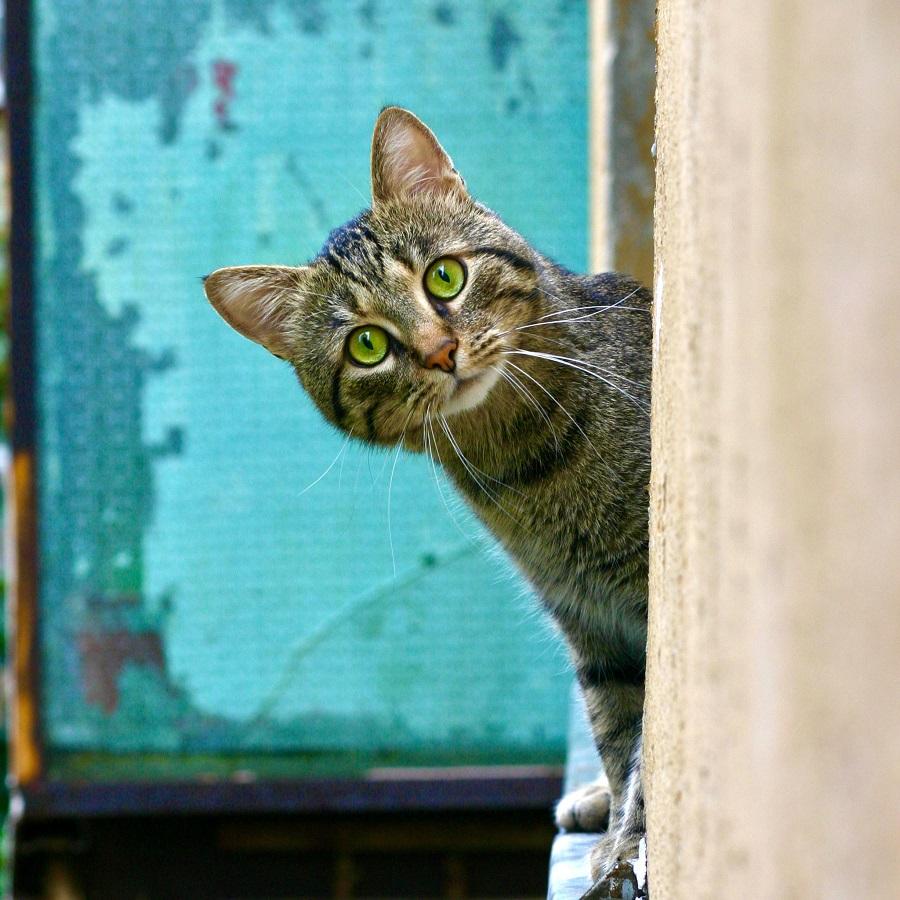Cat’s Now Legal in Singapore
Up until recently, owning a cat while housed on government property in Singapore was illegal. Around 80% of the country’s 3.6 million inhabitants live in government housing, so this is no small change.
Singapore lifting its 30-year ban on cat ownership in government housing is a step towards balancing the pet ownership regulations, as dogs were never banned. Many citizens have long felt that the ban on cats was unfair, especially considering the positive traits of cats as quieter and less disruptive pets compared to dogs.
A 30-year-old Singaporean, Sunny, who secretly owns a cat named Mooncake and lives in a government-built high rise, shared her thoughts on the matter with Taipei Times. “Cats are so much quieter than dogs. If they allow dogs, I don’t understand why not cats,” Sunny told the Times.
Despite the ban not being strictly enforced, the illegality of cats in government housing has posed challenges for owners like Sunny, who cannot obtain pet insurance or access certain veterinary procedures. Additionally, the inability to prove ownership makes it difficult in the event that a cat is picked up by animal control.
The decision to lift the ban on cats comes after a recent survey among government housing occupants, in which 9 out of 10 respondents said cats make good, non-disruptive pets. This shift in public opinion likely played a role in the government’s decision to change the law.

